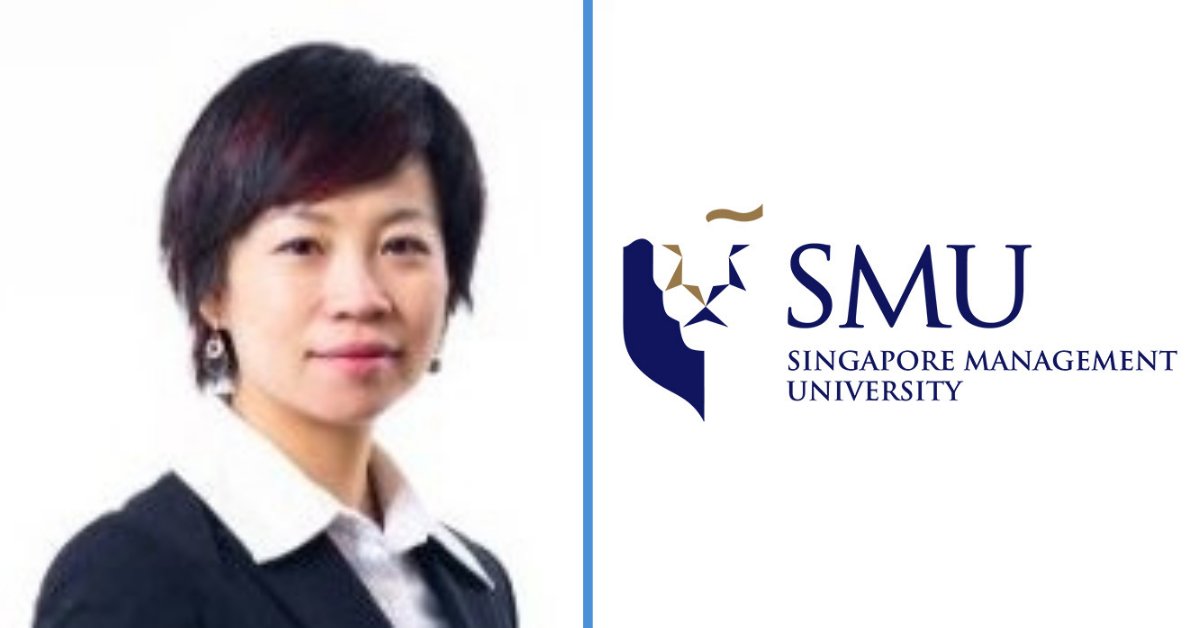If you think that being a University professor means that you’re knowledgeable about everything in your area of study, you might want to think again.
Recently, Margaret Zhu, an assistant professor of finance at the Singapore Management University (SMU) left the institution after it was exposed that she falsified academic claims.
“The university had sought to validate some concerns we had in this particular case and we concluded that some of the individual’s academic claims were not accurate,” an SMU spokesperson mentioned yesterday (6 May).
The spokesperson also said that Zhu is no longer an employee of the University from 1 May onwards, although SMU did not specify whether Zhu’s employment was terminated or if she had resigned on her own accord.
SMU also assured the public that they will be taking a look at the measures they have in place when it comes to vetting academic writing.
What She Did
Basically, Zhu lied about receiving conditional acceptances for two papers that she wrote.
The papers were namely “Real Effects of Corporate Hedging” and “Corporate Derivatives Hedging in the Past Two Decades”, and she indicated in her CV that they were accepted by the Journal of Finance and Review of Financial Studies respectively.
To put things into perspective, these two academic journals are the most prestigious finance journals in the whole world, which meant that if she was really published in them, she’d probably be able to find a job anywhere in the world for the rest of her life.
Blogger Found Out About Her Lies
However, her lies were revealed by Christopher Brunet, a blogger on the platform Karlstack.
On 4 May, Brunet posted on his blog that Zhu was indeed a fraud, and even provided receipts to prove his point.
He claimed that he emailed both journals, and both of them replied that
The Journal of Finance said, “She does not [have a conditional acceptance]. In more detail: This paper is not, and was never, conditionally accepted at the JF.”
Echoing the same sentiments, the Review of Financial Studies also gave a similar response.
“She does not have a conditional acceptance at RFS. In more detail: This paper is not, and was never, conditionally accepted at the RFS.”
Based on reports by The Business Times, Brunet was first notified about this incident through a tip-off from a post thread on Economics Job Market Rumours.
In the thread, people got to know about Zhu’s actions when a user mentioned “if you Google the titles of both papers, you will find nothing except her CV”, prompting a deep search into Zhu’s credentials.
Apart from ending her employment at SMU, another University where Zhu taught at before has also clearly severed its ties with her.
The Chinese University of Hong Kong has since taken down mentions of the same two publications she previously claimed to have been conditionally accepted.
The SMU spokesperson also noted, “SMU adheres to strict standards in its faculty hiring processes as the quality of faculty at SMU is paramount to the university’s efforts in delivering a high-quality SMU education and conducting leading-edge research. We expect faculty to demonstrate integrity in their conduct.
“SMU will review our vetting procedures on academic writing and address any gaps to prevent such incidents from recurring.”
Based on Zhu’s LinkedIn page, she has taught at various universities over the past decade.
Apart from her most recent employment at SMU from July 2021 to 1 May this year, she was also an assistant professor of finance for The Chinese University of Hong Kong from September 2019 to July 2021.
She was also an assistant professor for the City University of Hong Kong from August 2011 to August 2019.
Featured Image: LinkedIn (Margaret Zhu) + SMU



